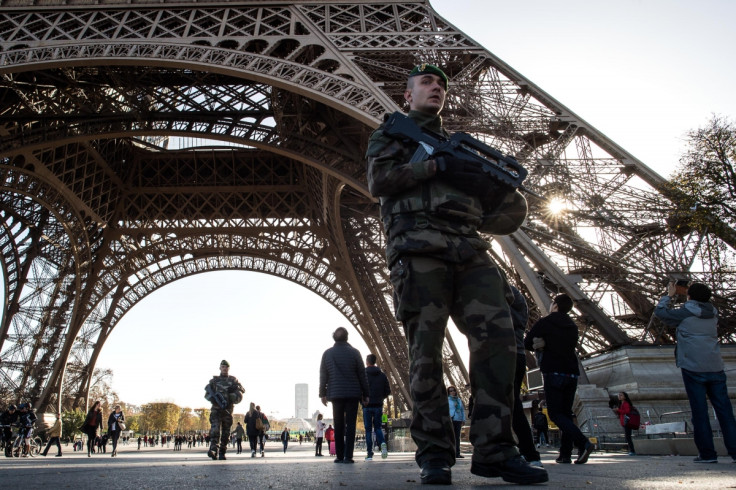Paris attacks: 'Islam has to fight against its own pathologies' warns French PM Manuel Valls

French Prime Minister Manuel Valls has suggested the Salafi movement represents "a real danger", and urged Islam to fight against its own diseases in the wake of the Paris attacks that left at least 129 people dead.
"Wahhabism and a number of its abuses have changed the face of Islam. Salafism represents a real danger," Valls said on Monday morning (17 November). "Islam must fight against its own pathologies."
In the days after the attacks on Charlie Hebdo and a Jewish supermarket in Paris in January, attention has focused on the rise of Salafism in Europe, an ultra-conservative orthodox movement within Sunni Islam, based on a belief in violent jihadism, and Wahhabism, a form of Islam practised in Saudi Arabia.
Speaking to journalist Patrick Cohen on France Inter, Valls said France had too extensively "given up to the power of those who want to impose their totalitarian thought and their laws, jihadism".
"We have an enemy within, and French people are asking us to fight radical Islamism," he added.
The minister welcomed "massive" investments made towards security forces announced on Monday morning by Interior Minister Bernard Cazeneuve, but said the fight against home-grown extremism should also be led with soft powers.
"The fight against the fractures in our society, radical Islam, should pass through school and culture, (to support) secularism", Valls said.
Valls: 'Europe must protect its exterior borders'
After the massacre in January, France passed a contentious intelligence bill, which allowed the authorities to increase surveillance powers.
On Sunday, President Francois Hollande outlined tough new laws and an overhaul of the country's security strategy in response to Friday's attacks.
The law, which already allows the government to monitor phone calls and emails of terrorism suspects without obtaining a warrant, met opposition, in a country where liberty is a founding principle. The substantial plan includes potential changes to France's constitution to equip the state with new crisis powers, making it easier to revoke French citizenship.
Valls, meanwhile, defended the proposals, explaining they would accelerate intelligence-gathering. "The new surveillance law will enable us to follow, electronically, those who are on file with the police," Valls said, adding that the overhaul could mean "restricting our freedoms to ensure the security of the French".
The minister called for the security programme to be extended to the whole of Europe. "The plan presented by Bernard Cazeneuve against the trafficking of firearms must be extended to the European level," he said. "If we want Europe to face its threats, it must protect its exterior borders."
The government on Monday outlined the creation of 10,000 new jobs within the police and judicial services.
Cazeneuve revealed "a general and strong" police mobilisation, as security forces - including police, gendarmerie and military - have been beefed up by 115,000. "We are going to proceed very rapidly to an upgrade of our [police] resources" to be efficient, he said, adding that between 2006 and 2012, the security budget had been slashed by 17%.
© Copyright IBTimes 2025. All rights reserved.






















